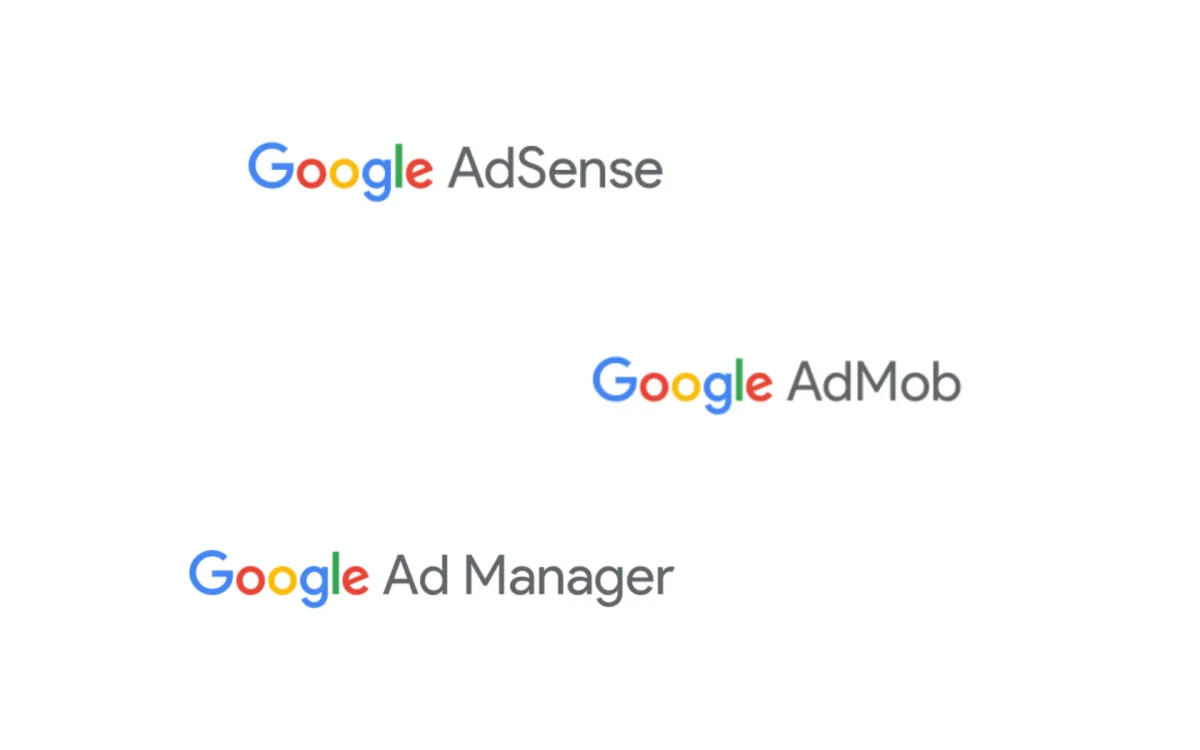
Google has announced significant updates to its Publisher Policies, marking the first comprehensive overhaul of its advertising platform rules in recent years. According to an email sent to publishers on December 18, 2024, the changes will take effect on February 16, 2025, giving partners approximately two months to ensure compliance.
The policy revisions reflect substantial technological advancements in privacy-enhancing technologies, including on-device processing, Trusted Execution Environments, and secure multi-party computation. These updates demonstrate an increased focus on user privacy protections while adapting to modern advertising requirements.
A notable aspect of the update addresses the expanding scope of advertising surfaces. According to the announcement, the policies now explicitly cover emerging platforms such as Connected TVs and gaming consoles, acknowledging the diversification of digital advertising beyond traditional web and mobile environments.
The updated framework maintains stringent requirements regarding transparency. According to the policy document, publishers must provide clear disclosures about data collection and usage practices. This includes mandatory notifications about third-party cookie placement and web beacon implementation for tracking purposes.
The policy introduces refined restrictions on personalized advertising. Publishers are prohibited from targeting ads based on sensitive user information, including health conditions, financial status, racial or ethnic origins, religious beliefs, political affiliations, and sexual orientation. The regulations specifically protect users under 13 years of age, prohibiting any personalized advertising based on their past or current activity.
Geographic restrictions feature prominently in the updated policies. According to the document, Google publisher products are not available in several territories, including Crimea, Cuba, the so-called Donetsk People's Republic (DNR), Luhansk People's Republic (LNR), Iran, North Korea, and Syria. This aligns with sanctions and export controls maintained by the United States Treasury Department's Office of Foreign Assets Control.
The policies outline strict content guidelines prohibiting illegal content, intellectual property infringement, dangerous or derogatory content, and misrepresentative information. Publishers must ensure their content does not promote discrimination, harassment, or harmful claims that could undermine democratic processes or contradict scientific consensus on major health issues or climate change.
Technical requirements have been enhanced to prevent ad interference. The policies explicitly prohibit ads that overlay or appear adjacent to navigational elements, severely interfere with content consumption, or appear on "dead end" screens where users cannot exit without clicking the advertisement.
For U.S. and Canadian markets, the policies implement specific restrictions on demographic targeting for sensitive categories. Housing listings, employment opportunities, and financial services advertisements cannot target audiences based on gender, age, parental status, marital status, or ZIP code, with limited exceptions for government employment advertising.
The updated policies maintain strict guidelines regarding user privacy and data handling. Publishers must implement appropriate encryption measures when collecting or transmitting location data and obtain explicit user consent for such collection. The policies require clear disclosure of data usage purposes through interstitial or just-in-time notices.
Implementation requirements include technical specifications for ads.txt file management, particularly relevant for syndication partnerships. According to the document, parent companies must ensure their child domains promptly add appropriate ads.txt files listing authorized sellers of inventory.
These comprehensive policy updates reflect the evolving digital advertising landscape while establishing clear boundaries for publisher conduct. The changes demonstrate a balanced approach between enabling monetization opportunities and protecting user privacy, with particular attention to emerging technologies and platforms.

